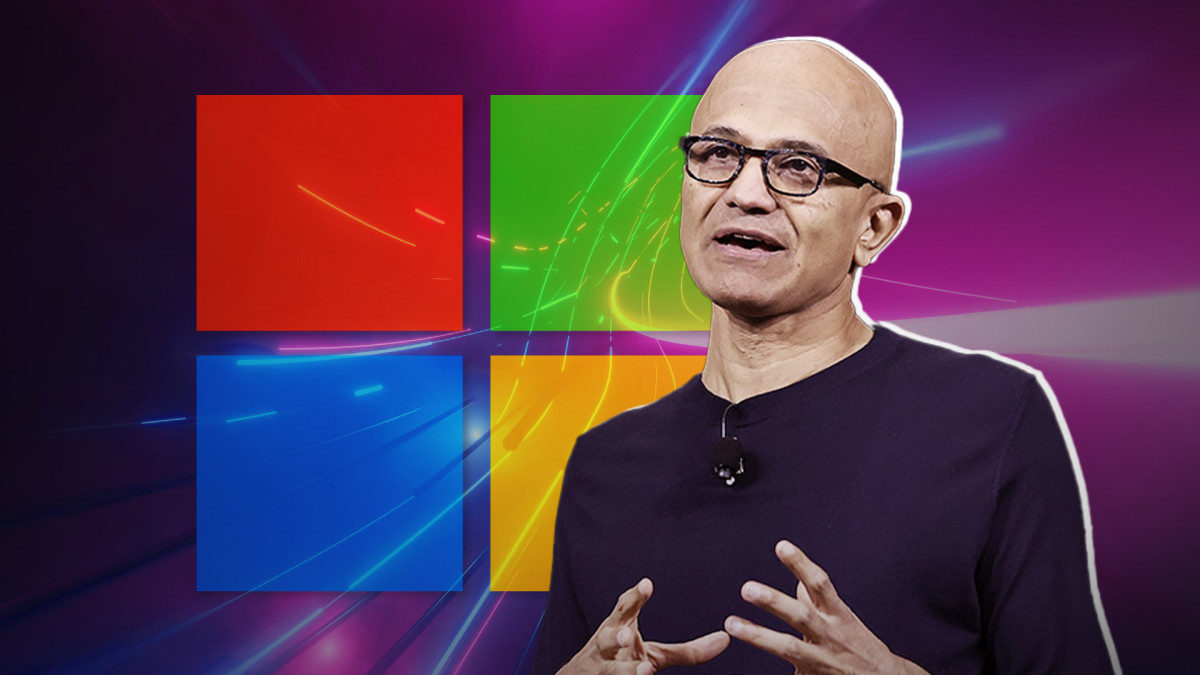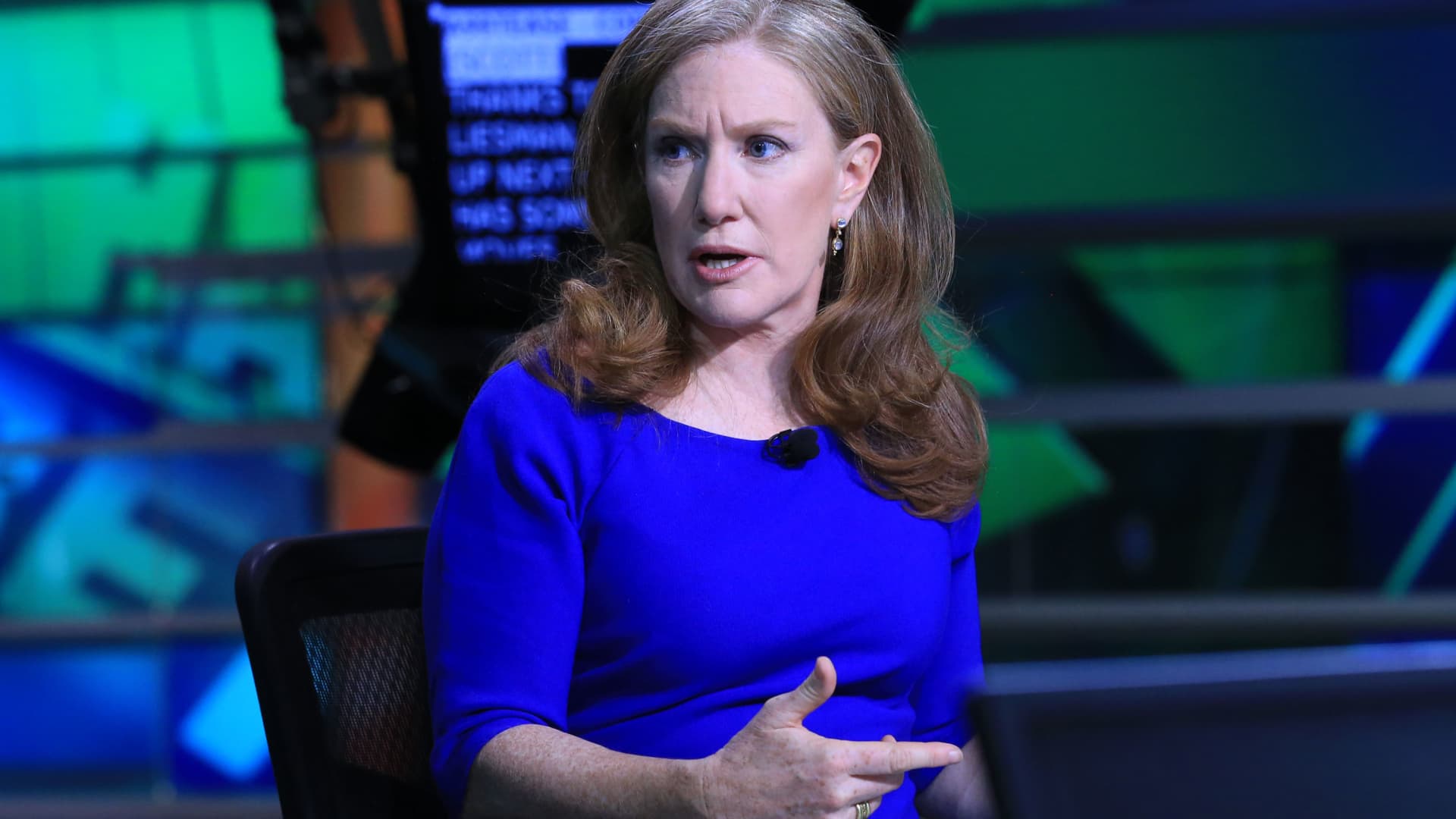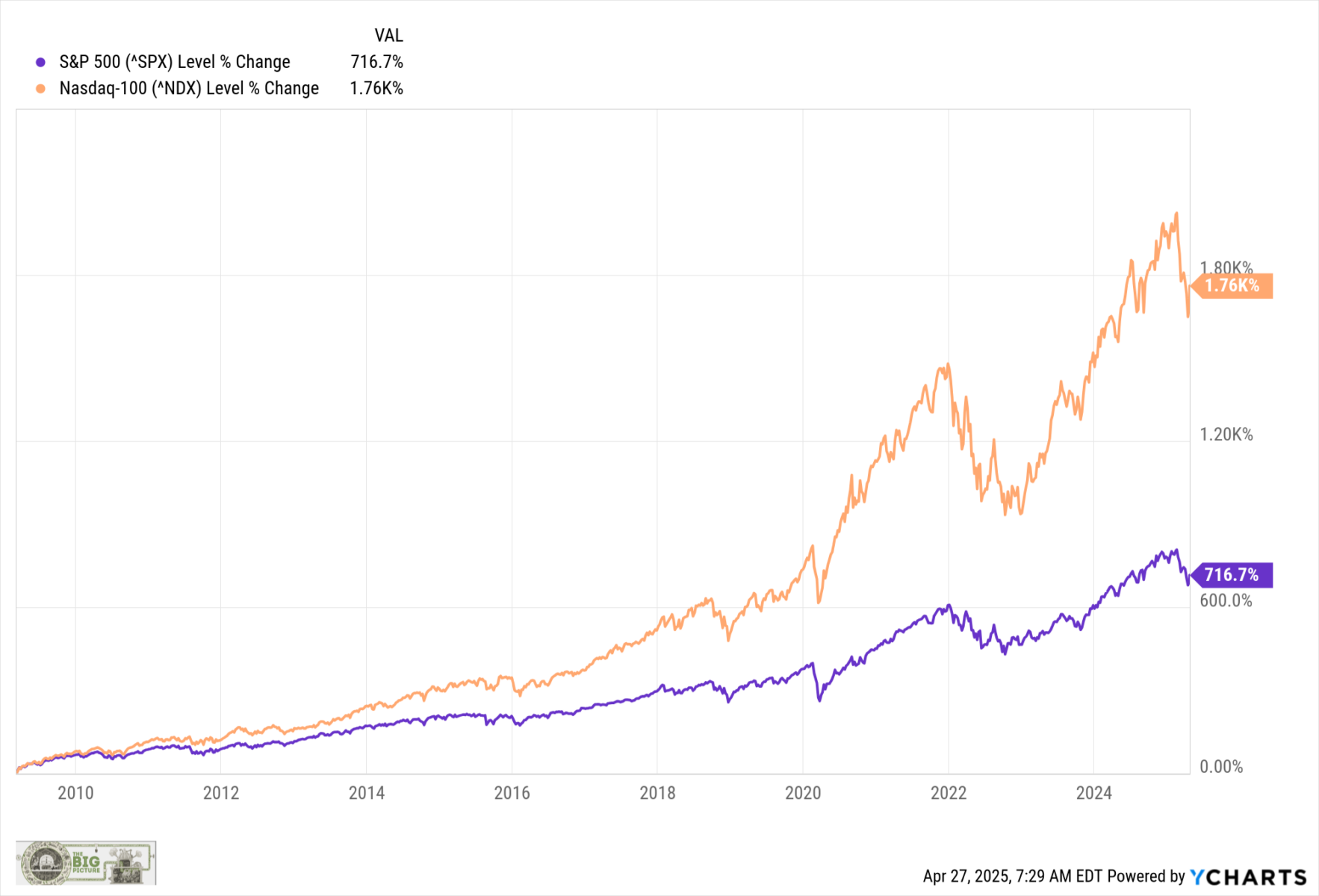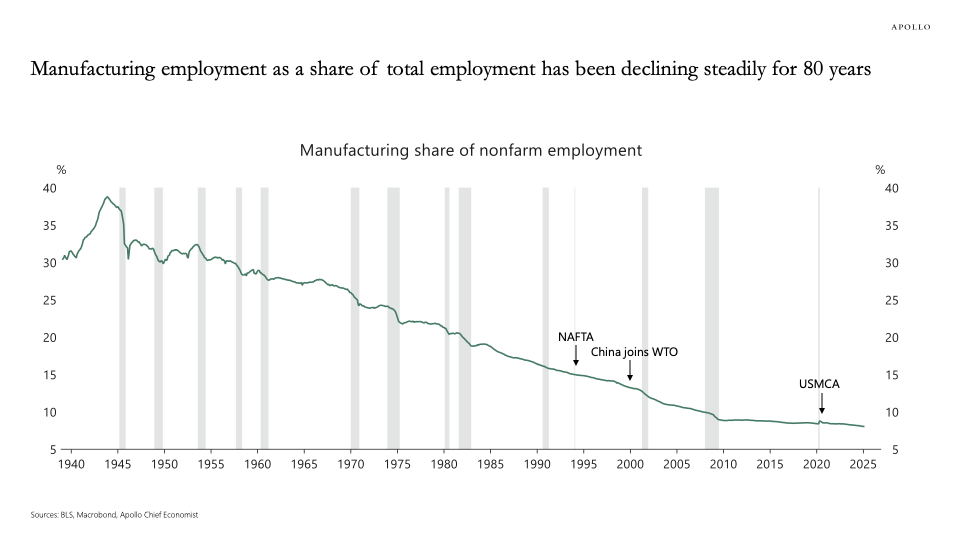3 Retirement Questions You Didn’t Know You Needed to Ask
There’s a reason planning for retirement can be such a tricky thing. There are so many aspects of retirement to cover, from your income to healthcare to your decision on where to live. Whether you’re in the early stages of mapping out your retirement plans or you’re getting closer to that milestone by the […] The post 3 Retirement Questions You Didn’t Know You Needed to Ask appeared first on 24/7 Wall St..

Key Points
-
It’s important to have a plan going into retirement.
-
Think about when to claim Social Security and other benefits you’re eligible for.
-
Figure out what your income and expenses will look like.
-
Are you ahead, or behind on retirement? SmartAsset’s free tool can match you with a financial advisor in minutes to help you answer that today. Each advisor has been carefully vetted, and must act in your best interests. Don’t waste another minute; get started by clicking here.(Sponsor)
There’s a reason planning for retirement can be such a tricky thing. There are so many aspects of retirement to cover, from your income to healthcare to your decision on where to live.
Whether you’re in the early stages of mapping out your retirement plans or you’re getting closer to that milestone by the day, it’s important to ask the right questions. Here’s what you should be thinking about in the context of retirement.
1. When should I start claiming Social Security (or other government benefits)?
Even if you have a decent amount of retirement savings, it’s important to claim Social Security at the right time. Those benefits could come in very handy if your nest egg starts to dwindle unexpectedly, or if you end up having to leave your savings alone for a period of time to ride out a market decline.
The earliest age you can claim Social Security is 62. But for each year you hold off from that point onward, up until age 70, your monthly benefits get a boost.
The decision to claim Social Security should hinge on what your savings look like and what your financial needs entail. If you don’t have a lot of savings, delaying Social Security as long as possible could be a smart thing to do.
But also consider your health. If you have chronic issues you expect to shorten your lifespan, then you may want to claim Social Security on the early side so you can potentially score a larger lifetime payout (even if your monthly benefits end up being smaller). If your health is great, on the other hand, you may want to think about delaying Social Security until age 70.
And speaking of health, you’ll also want to consider the timing of your Medicare enrollment. You’re eligible for Medicare at 65. And it’s important to sign up on time if you don’t have qualifying group health coverage. Otherwise, you could end up facing lifelong surcharges on your Medicare Part B premiums.
2. Do I need a part-time job or side income in retirement?
Retirement could end up being more expensive than you’ve bargained for. It’s important to assess your savings and Social Security benefits to see if they’ll be enough to cover your costs and also make it possible to do the things you’ve always wanted to.
If not, you may want to look at getting a part-time job or setting yourself up with some amount of side income for retirement. And that’s something you may want to set the stage for before your career wraps up. If you maintain a great relationship with your employer in the year or two leading up to retirement, they may be more likely to throw consulting work your way if you end up needing it.
3. Do I have a clear timeline for key decisions and transitions?
Retirement is the sort of thing you shouldn’t jump into. Instead, it’s important to think about the timing carefully.
Some of the things you should set a date for include:
- When you’ll tell your employer that you plan to resign
- Your actual resignation date, which may be weeks or even months after you give your notice
- When you’ll start Social Security and Medicare
- When you intend to start withdrawing funds from your savings
- When you plan to make logistical changes, if applicable, like moving or downsizing
Because retirement planning can be so complex, it’s a good idea to enlist the help of a financial advisor to guide you along. They can help you tackle these and other important questions so you’re able to approach that milestone with more confidence.
The post 3 Retirement Questions You Didn’t Know You Needed to Ask appeared first on 24/7 Wall St..






































































































































































